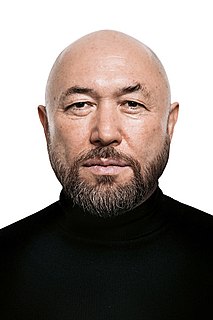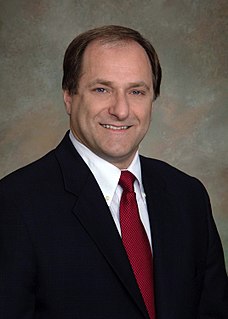A Quote by Joseph Bruchac
Knowledge is easy to come by. Understanding what you know takes much longer.
Related Quotes
Under the discipline of unity, knowledge and morality come together. No longer can we have that paltry 'objective' knowledge so prized by the academic specialists. To know anything at all becomes a moral predicament. Aware that there is no such thing as a specialized effect, one becomes responsible for judgments as well as facts. Aware that as an agricultural scientist he had 'one great subject,' Sir Albert Howard could no longer ask, What can I do with what I know? without at the same time asking, How can I be responsible for what I know?
Hire and promote first on the basis of integrity; second, motivation; third, capacity; fourth, understanding; fifth, knowledge; and last and least, experience. Without integrity, motivation is dangerous; without motivation, capacity is impotent; without capacity, understanding is limited; without understanding, knowledge is meaningless; without knowledge, experience is blind. Experience is easy to provide and quickly put to good use by people with all the other qualities.
You always get things that teach you and steps to grow, but there is a confidence that is gained and a deep understanding of what it means to be supported by your knowledge - not by some team that is there to create confidence; it is there within you. That takes time. That takes teachers. That takes taking risks.
The most valuable thing a teacher can impart to children is not knowledge and understanding per se but a longing for knowledge and understanding, and an appreciation for intellectual values, whether they be artistic, scientific, or moral. It is the supreme art of the teacher to awaken joy in creative expression and knowledge. Most teachers waste their time by asking questions that are intended to discover what a pupil does not know, whereas the true art of questioning is to discover what the pupil does know or is capable of knowing.
Wonder [admiratio astonishment, marvel] is a kind of desire for knowledge. The situation arises when one sees an effect and does not know its cause, or when the cause of the particular effect is one that exceeds his power of understanding. Hence, wonder is a cause of pleasure insofar as there is annexed the hope of attaining understanding of that which one wants to know. ... For desire is especially aroused by the awareness of ignorance, and consequently a man takes the greatest pleasure in those things which he discovers for himself or learns from the ground up.
If one does not make human knowledge wholly dependent upon the original self-knowledge and consequent revelation of God to man, then man will have to seek knowledge within himself as the final reference point. Then he will have to seek an exhaustive understanding of reality. He will have to hold that if he cannot attain to such an exhaustive understanding of reality he has no true knowledge of anything at all. Either man must then know everything or he knows nothing. This is the dilemma that confronts every form of non-Christian epistemology
I don't measure people by whether they agree with me or not. I measure them by their sincerity. Sincerity, with as much reality as you can get. Sincerity with toughness, experience, and understanding of the issue - real understanding, not just academic and intellectual understanding. That takes some courage.
The ultimate test of my understanding of the scriptural teaching is the amount of time I spend in prayer. As theology is ultimately the knowledge of God, the more theology I know, the more it should drive me to seek to know God. Not to know about Him but to know Him! The whole object of salvation is to bring me to knowledge of God. If all my knowledge does not lead me to prayer there is something wrong somewhere.






































